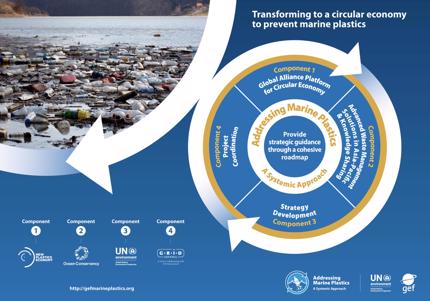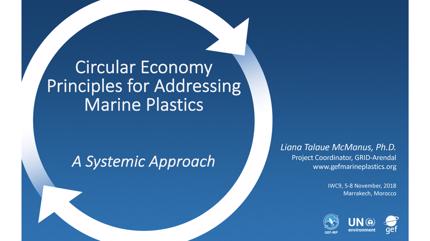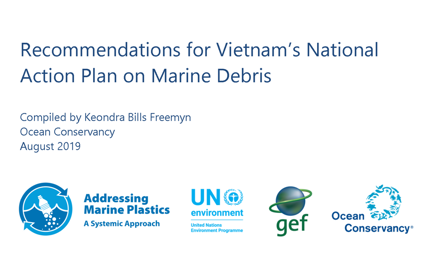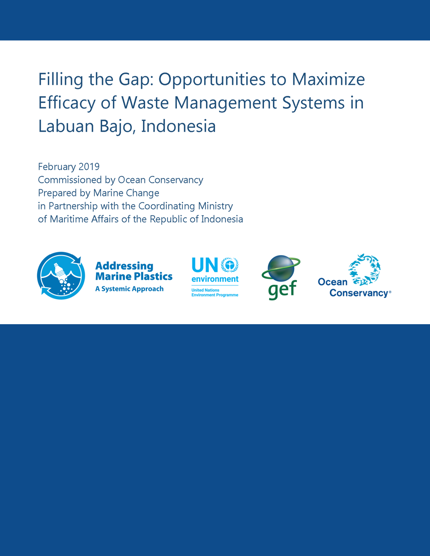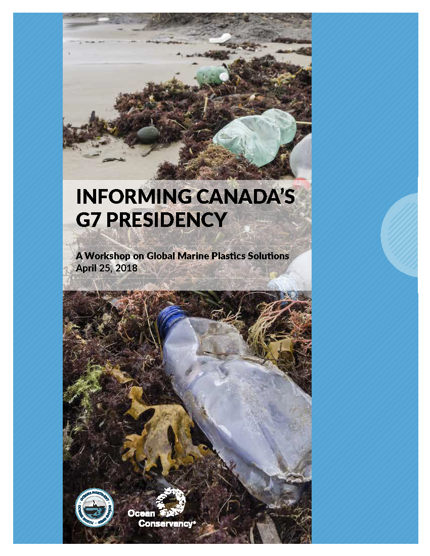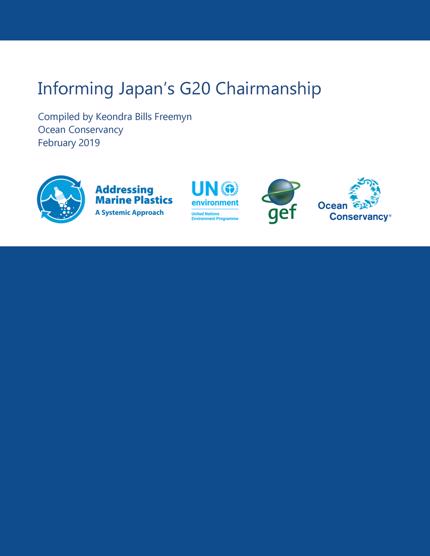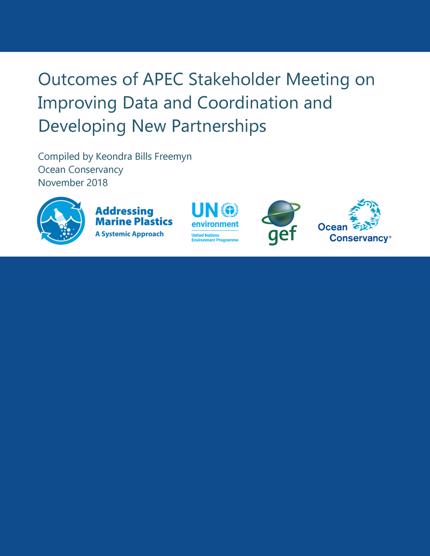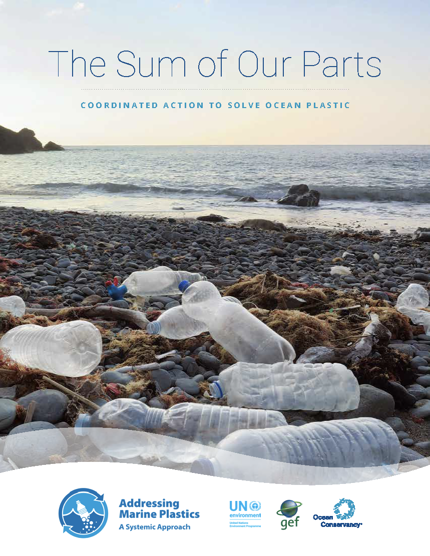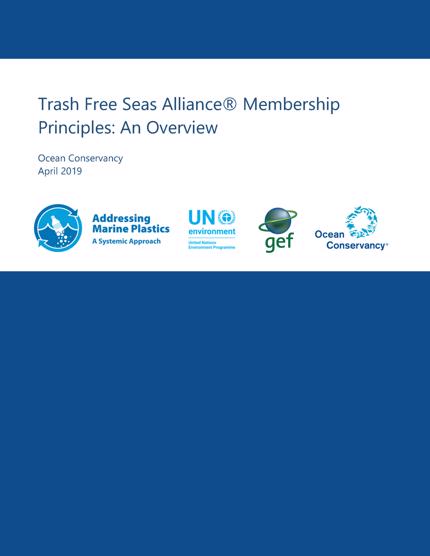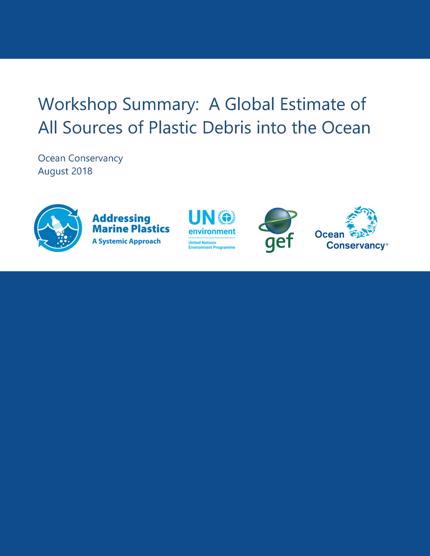Recommendations for Vietnam's National Action Plan On Marine Debris
Since December 2018, Ocean Conservancy has worked closely with Vietnam's Ministry of Natural Resources and Environment (MONRE) and in particular the Vietnam Administration for Seas and Isalnds (VASI) division during the drafting of the country's first National Action Plan on Marine Plastic Debris Management (NAP). The NAP is a critical step in determining the direction and scope of Vietnam's efforts to reduce marine debris through 2030.
Filling the Gap: Opportunities to Maximize Efficacy of Waste Management Systems in Labuan Bajo, Indonesia
The proposed waste management system for Labuan Bajo, leverages private sector engagement to operate a newly constructed recycling center facility, and provides monetary incentives to producers of waste (i.e. Labuan Bajo residents, hotels, schools, hospitals, etc.) to sort their waste and facilitate recycling.
Informing Canada's G7 Presidency. A Workshop on Global Marine Plastics Solutions, April 25, 2018
Canada has identified ocean health as a priority issue for its 2018 G7 Presidency. On April 25, 2018, Oceans North and Ocean Conservancy cohosted a one–day workshop in Ottawa that brought together diverse experts, including from the private sector, local and national governments, scientists, and NGOs to inform a G7 initiative to combat marine plastic waste. Participants identified ideas that were categorized into four themes: (1) foundational/ cross–cutting elements; (2) action items that Canada can take on domestically; (3) action items for the G7; and (4) work that is scalable to the global level.
Informing Japan's G20 Chairmanship
An overview of the input Ocean Conservancy provided for the G20 Implementation Framework for Actions on Marine Plastic Litter in preparation of the June 2019 meeting of the G20 Environment Ministers.
Outcomes of APEC Stakeholder Meeting on Improving Data and Coordination and Developing New Partnerships
Ocean Conservancy and the Trash Free Seas Alliance partnered with the United States Agency for International Development (USAID) and the United States Department of State to host a two-day stakeholder meeting, focused on improving data and coordination and developing new partnerships for reducing marine debris in the Asia Pacific Economic Cooperation (APEC) region. This is a summary of the meeting attended by approximately 80 participants from government, academia, civil society organizations multilateral development banks, impact investors, consumer goods companies, resin producers, waste treatment technology providers and others who attended the 2018 Our Ocean Conference in Indonesia.
The Sum of Our Parts. Coordinated Action to Solve Ocean Plastic.
The paper analyzes current and emerging initiatives addressing plastic ocean pollution and identifies three fundamental elements to maximize cooperation to effect meaningful impact – a common narrative, a transparent set of goals and targets, and a way of keeping track of collective success.
Trash Free Seas Alliance Membership Principles: An Overview
Ocean Conservancy launched the Trash Free Seas Alliance in 2012 to bring together leaders from the private sector, civil society organizations, and academia to collaborate with a focus on the measurable reduction of ocean plastics. In 2017, the Alliance adopted its Membership Principles document, which articulates the forum's common mission. In keeping with the adoption of the Membership Principles, Ocean Conservancy first distributed a Reporting Template as part of the Alliance Membership renewal process in 2018 to help members articulate and quantify their commitments to reduce plastic waste leakage to the ocean. A summary of the reporting template process is summarized in this brief report.
Workshop Summary, A Global Estimate of All Sources of Plastic Debris into the Ocean
This is a summary of a workshop conducted by the National Center for Ecological Analysis and Synthesis (NCEAS) Marine Debris Working Group, with support from Ocean Conservancy. The workshop builds on a conceptual model designed in 2015, identifying eight major sources of plastic debris. Of the eight sources, only one (improperly managed waste generated on land), has been quantified to date by Jambeck et al. 2015). The workshop goal was to determine the largest sources of plastics to the ocean in order to provide a global estimate of total plastic debris entering the ocean and to prioritize intervention strategies.

